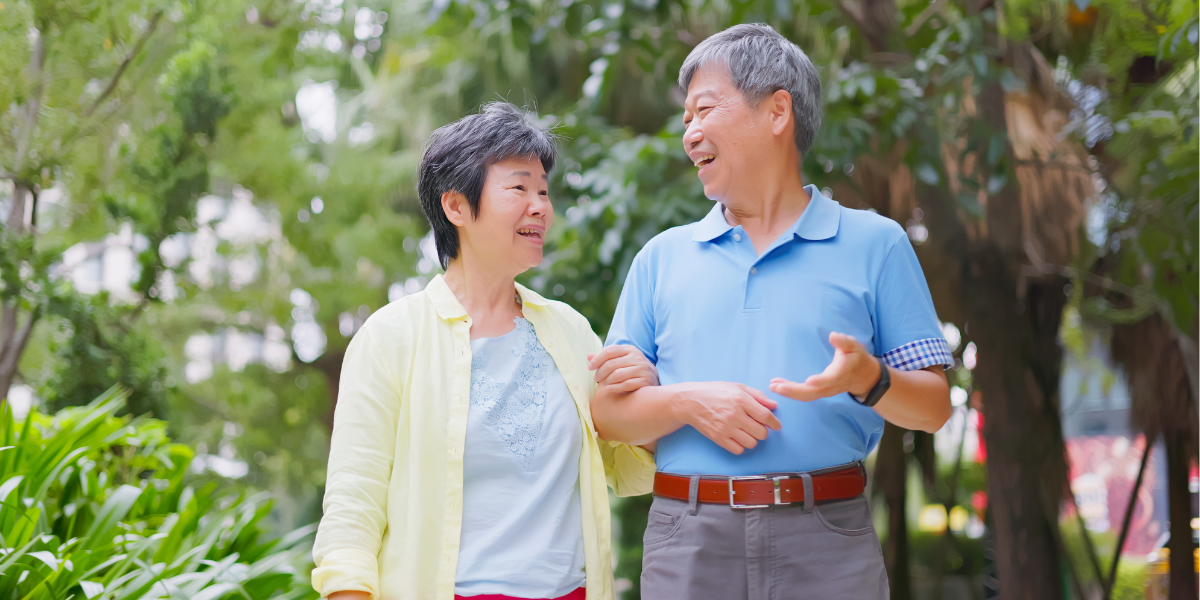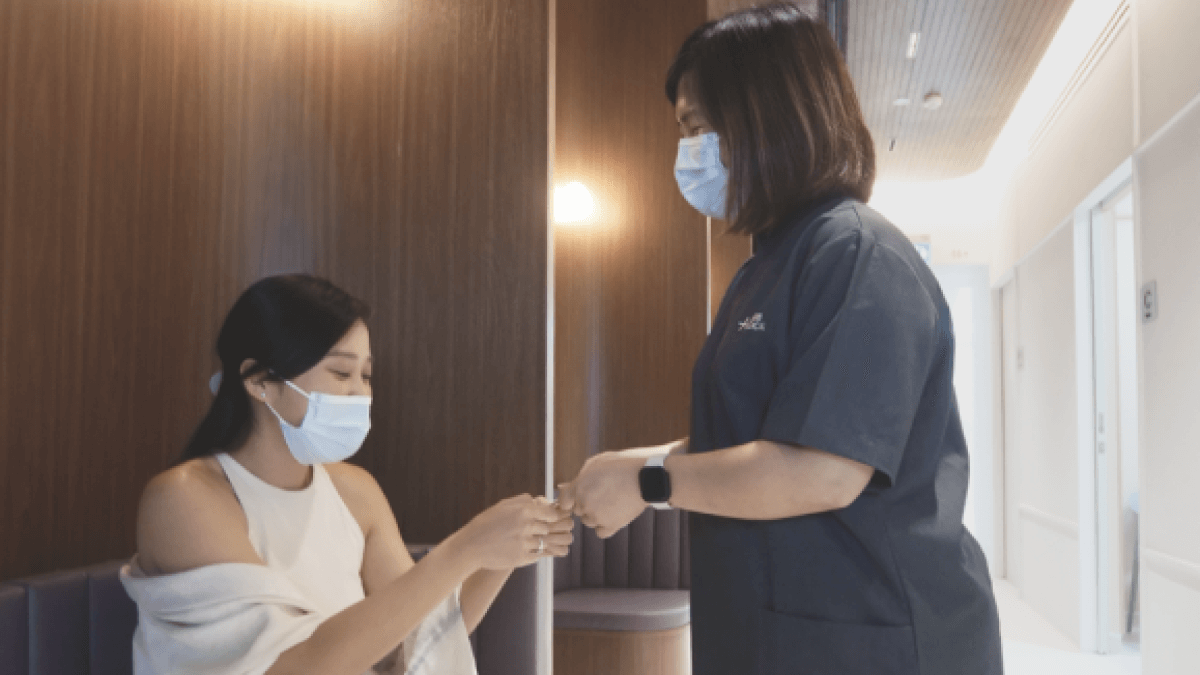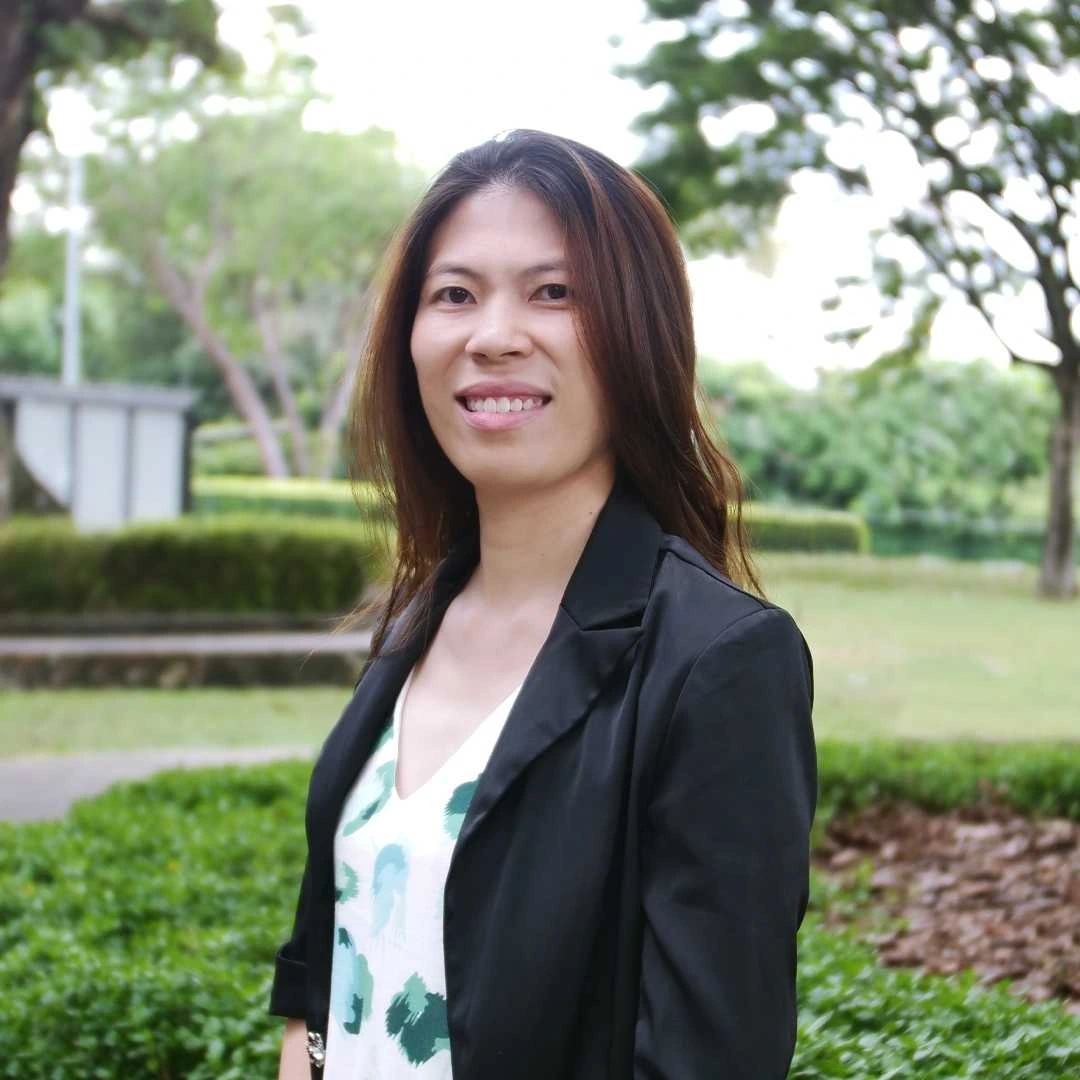Osteoporosis & Bone Screening

Protect your bones before symptoms appear
Our clinic offers personalised osteoporosis screening to detect early bone loss and reduce your risk of fractures, especially for adults over 50, postmenopausal women, and those with risk factors.
What Is Osteoporosis?
Osteoporosis is a condition where bones become thin, brittle, and more likely to break. It develops silently over years and often shows no symptoms until a fracture occurs, usually in the hip, spine, or wrist.
- Common in adults above 50
- Higher risk in women, especially postmenopausal
- Often goes undiagnosed until after a fall or fracture
Why Bone Screening Matters
Early screening helps detect low bone density before it progresses to osteoporosis.
It enables you to take action, through lifestyle, supplements, or medical treatment, to strengthen your bones and prevent fractures.
You should consider a screening if you:
- Are age 50 and above
- Are a postmenopausal woman
- Have a family history of osteoporosis
- Have had fractures from minor falls
- Are on long-term steroids or thyroid medication
- Have low body weight or chronic illnesses (e.g. rheumatoid arthritis)
- Smoke or consume excessive alcohol
- Lead a sedentary lifestyle or have poor calcium intake
- Have Vitamin D deficiency
What’s Included in Our Bone Screening
Our GP-led screening is tailored to your age, gender, and health risks. It may include:
1. DEXA Bone Mineral Density (BMD) Scan
The gold standard to assess bone strength and diagnose osteoporosis or osteopenia.
- Safe and painless
- Measures hip and spine bone density
- Recommended for women ≥65 and men ≥70 (or earlier if risk factors are present)
2. Blood Tests
To evaluate key bone health indicators and rule out secondary causes of bone loss:
- Calcium & phosphate levels
- Vitamin D
- Parathyroid hormone (PTH)
- Renal function (e.g. creatinine, urea)
- Thyroid function (if indicated)
- Bone turnover markers (e.g. ALP)
3. Lifestyle & Risk Factor Assessment
Our GP will review:
- Personal & family history of fractures
- Menstrual history or early menopause
- Diet and physical activity
- Smoking, alcohol, or medication use
What Happens After the Screening?
Our doctor will explain your results clearly and provide a personalised plan, which may include:
- Lifestyle advice (diet, exercise, fall prevention)
- Vitamin D and calcium supplementation
- Referral for medication if needed (e.g. bisphosphonates)
- Repeat BMD monitoring schedule
When Should You Get Screened?
You don’t need to wait for a fracture to check your bone health.
MOH and international guidelines recommend BMD screening:
- Women aged 65+ and men aged 70+
- Postmenopausal women under 65 with risk factors
- Adults of any age with previous fractures or known risks
Osteoporosis Screening
DEXA Scan (Bone Mineral Density)*
Vitamin & Mineral Deficiency Panel (Vitamin D, B12, Folate, Iron, Magnesium)
Thyroid Function Test (TSH, Free T4)
Full female hormonal panel - (FSH, LH, Estradiol, Prolactin, Free T4, DHEAS, Cortisol, Progesterone)*
Thyroid Ultrasound*
*Done at partner labs and centres
Whatsapp Us Make an Appointment
*Prices listed were last updated on 1 July 2023. Prices may be subject to change.
*Price does not include consultation fee and GST.
Why Choose Regis Medical

Book Your Osteoporosis Check Today
Don’t wait for a fall to find out your bones are weak. A quick screening can offer peace of mind and long-term protection.

Finding Us
Holland Village
255 Holland Ave, Singapore 278983
Near MRT Exit B
Mon, Tues, Thurs, Fri:
8.30am - 2.30pm
5.30pm - 10.00pm
Wed:
8.30am - 2.30pm
Sat:
9.00am - 3.00pm
Closed on Sundays and Public Holidays. For the latest updates on our clinic’s opening hours, please check our Google Maps.
** GP registration ends 15 mins before the closing time above, while Physiotherapy & Acupuncture end registration 45 mins before. Please book an appointment in advance to avoid queues and disappointment.
Katong
437 Joo Chiat Road, Singapore 427650
Near Marine Parade MRT
Mon, Tues, Thurs, Fri:
8.30am - 2.30pm
5.30pm - 10.00pm
Wed:
8.30am - 2.30pm
Sat:
9.00am - 3.00pm
Closed on Sundays and Public Holidays. For the latest updates on our clinic’s opening hours, please check our Google Maps.
** GP registration ends 15 mins before the closing time above, while Physiotherapy & Acupuncture end registration 45 mins before. Please book an appointment in advance to avoid queues and disappointment.
FAQ
Accessibility & Support
Regis Medical Holland Village is located at 255 Holland Avenue, Singapore 278983
Regis Medical Katong is located at 437 Joo Chiat Road, Singapore 427650
Click here to view our opening hoursAppointment
To book an appointment at Regis Medical Holland Village, please call or whatsapp us 8118 5298
To book an appointment at Regis Medical Katong, please call or whatsapp us 9851 3728
You can only cancel or change your appointments up to 24 hours before your appointment. You will receive your refund within 3 working days. No refund will be issued for no shows and cancellations within 24 hours before your appointment. However, if you are feeling unwell on the day of the appointment, we allow patients who have their acute illness seen at Regis Medical to reschedule their appointment without extra cost.
This policy is subject to change.
Yes. You can reschedule your appointments. However, you need to reschedule your appointment at least 24 hours before your actual appointment time. If you are unwell on the day of the appointment, we will reschedule your appointment at no extra cost if you seek medical attention at our clinic (for non-emergencies only).
Finance
General
- Women aged 65 and above
- Men aged 70 and above
- Postmenopausal women and men over 50 with risk factors such as low body weight, smoking, heavy alcohol use, or a family history of osteoporosis
- Anyone who has had a fracture after minor trauma
- People with certain chronic illnesses or on long-term steroid use